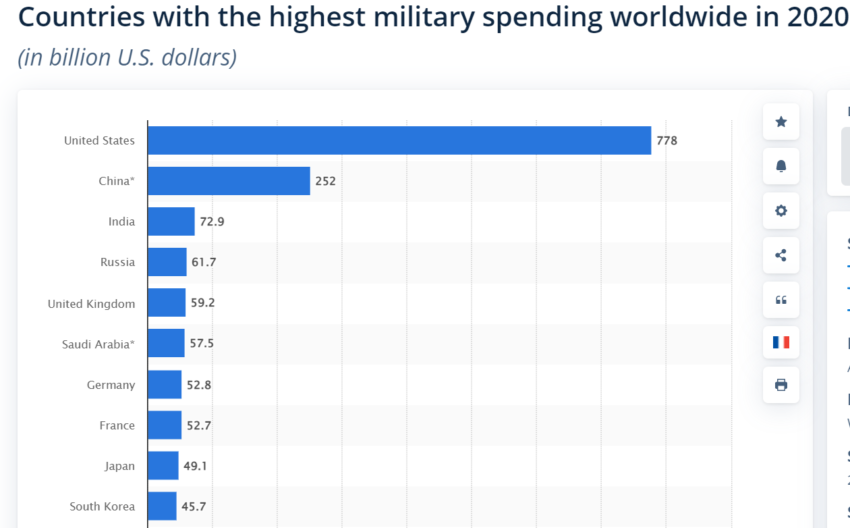Germany’s Defense Spending Plans Take Center Stage
German lawmakers are poised to vote on a substantial increase in defense and infrastructure spending proposed by Friedrich Merz, chancellor-in-waiting. This pivotal decision comes in the wake of rising concerns regarding the reliability of the United States’ commitment to European security. Traditionally, Germany has been cautious about incurring large debts and significantly investing in its military, largely due to its historical context. However, the recent election victory of Merz’s conservative CDU/CSU alliance has prompted a shift in this cautious approach.
Merz, 69, has urged for prompt action in light of evolving geopolitical tensions, particularly emphasizing the implications of President Trump’s overtures to Russia and his inconsistent support for NATO. In a recent interview, Merz underscored the urgency of the situation, stating, “the situation has worsened in recent weeks.” His comments reflect a growing consensus that the time for decisive action is now.
Proposed Measures Reflect a Radical Shift
The cornerstone of Merz’s proposal includes exempting defense expenditures from Germany’s strict debt regulations if they surpass one percent of GDP. Additionally, he has put forth a plan to create a massive 500 billion euro ($545 billion) fund aimed at revitalizing the country’s infrastructure. This initiative is not only about bolstering defense but also aligns with broader economic investments. Merz’s spending package has drawn considerable media attention, being likened to a fiscal “bazooka.” As part of this package, an additional three billion euros ($3.3 billion) is earmarked to support Ukraine in 2025.
Outgoing Foreign Minister Annalena Baerbock echoed the significance of these plans, labeling them a “strong signal” that Germany is committed to its security, as well as that of Ukraine and Europe as a whole. Analyst Holger Schmieding from Berenberg Bank characterized this proposed funding increase as a remarkable fiscal transformation for Germany, highlighting the necessity of such measures amid the unprecedented geopolitical turmoil facing the continent.
Political Negotiations and Legislative Hurdles
As Germany navigates a political limbo, Friedrich Merz is actively seeking to form a coalition government with the Social Democrats (SPD) led by outgoing Chancellor Olaf Scholz. In initial coalition discussions, the conservatives and the SPD have agreed on strategies to enhance military funding and address the nation’s economic challenges. To expedite the process, they are aiming to secure approval for spending proposals from the outgoing parliament before a new government is officially in place.
However, the journey toward approval may encounter obstacles, primarily from the far-right Alternative for Germany (AfD) and the far-left Die Linke, who both oppose these plans. Achieving a two-thirds majority necessitates collaboration with the Greens, who had previously indicated they might withhold support. Thankfully, a compromise was reached wherein Merz committed a portion of the infrastructure fund—100 billion euros—for climate protection initiatives, facilitating broader political support.
Uncertainties Surrounding the Upcoming Vote
Merz expressed confidence regarding the outcome of the vote scheduled for Tuesday, but the situation remains precarious. Reports indicate that the coalition’s approval hinges on a slim margin of 31 votes, raising the specter of potential sabotage by departing parliamentarians. Political analyst Ursula Muench warned of the significant uncertainty surrounding the vote, suggesting that a failure to secure the necessary majority would result in a serious setback for Merz and the emerging coalition.
In addition to the impending parliamentary vote, these measures will also need to pass through the Bundesrat, the upper house, where another two-thirds majority will be required. While coalition negotiations typically extend over weeks or even months, Merz is aiming for an ambitious timeline to establish a functioning government by Easter. If his plans unfold successfully, a parliamentary session to confirm him as chancellor is set for April 23.






